Tanzania is located in the eastern part of Africa and has rich natural resources and a unique coffee culture. However, recently, the country of Tanzania has suffered from heavy rainfall and floods, causing casualties and large-scale damage.
Local time on April 26th, the World Meteorological Organization released a report stating that most parts of Asia and Africa are being affected by extreme weather. The report pointed out that in parts of East Africa and the Arabian Peninsula, continuous heavy rainfall and the flooding of floods have caused many local people to lose their lives and caused economic and agricultural losses.
Since early April, the continuous heavy rainfall has been affecting most areas of Tanzania, causing natural disasters such as floods and landslides. Among them, Dar es Salaam, the largest city in Tanzania, has been most severely affected by the flood. The heavy rain has caused flooding in the city, and the Morogoro Road, which starts from the city center and goes in the direction of the Morogoro area, has also been submerged, and many roads, bridges, railways, and other infrastructure have also been damaged by the flood.
The Rufiji area in Tanzania is also one of the most severely affected areas. It is reported that in Mohelo Village in Rufiji, the flood has caused extensive damage, and the local people urgently need basic food and health service assistance. Due to the flood invasion, local transportation can only rely on boats.
In addition, local time on the 27th, a landslide also occurred in Moshi in northern Tanzania, and many houses were buried. It is understood that Moshi is the capital of the Kilimanjaro district in Tanzania, and this area is the oldest Arabica coffee producing area in Tanzania, and Moshi has the largest coffee trade and processing center in the country.
Landslides will have an impact on local crops. Because landslides usually push a large amount of earth and stone downward with great force, directly destroying the soil layer of farmland and the flatness of the field. During the landslide, a large amount of sediment and rock debris may also be released, affecting the nearby water source. Under the rolling of boulders and crushed stones, the direct damage to agricultural facilities such as greenhouses, farmhouses, and equipment increases the economic burden on farmers.
Agriculture is an industry on which the country of Tanzania depends for its survival, mainly focusing on planting, forestry, fishery, and animal husbandry. About 90% of the country’s manpower is engaged in agriculture, and agriculture accounts for 85% of exports. The main cash crops include coffee, cotton, tobacco, cashews, tea, sisal, clove, tobacco leaves, pyrethrum, etc. Agriculture absorbs 2/3 of the national labor force. However, it is reported that more than 200,000 people in Tanzania have been affected in this flood disaster.
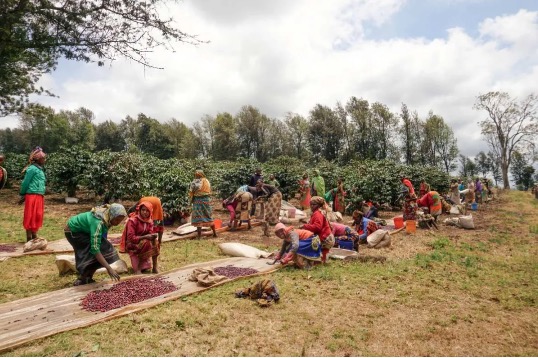
In addition, recently, East African countries such as Kenya and Burundi have also suffered from continuous heavy rain attacks. According to the Kenyan police, the recent heavy rain and floods in Kenya have caused at least 90 deaths, and 130,000 people have been affected by the flood. Houses have been washed away, roads, and bridges have been damaged, and about 64 public schools in the capital Nairobi have also been flooded and closed. The local meteorological department expects there will be continuous rainfall in the future.
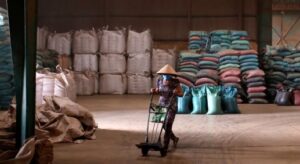
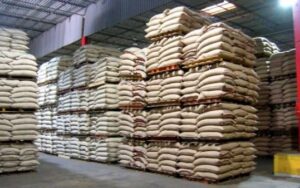





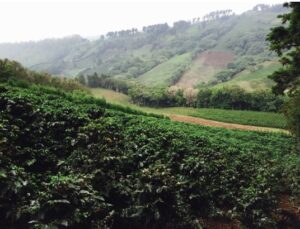

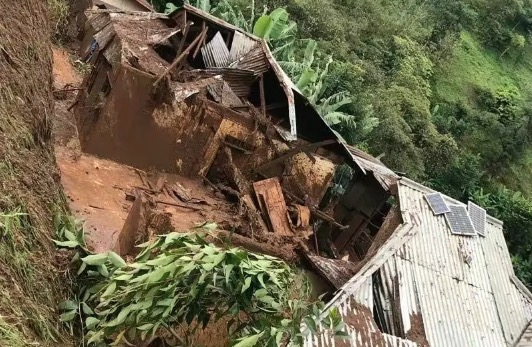
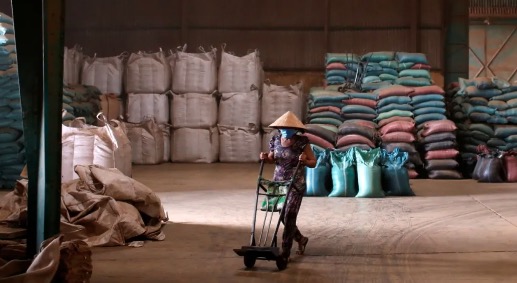
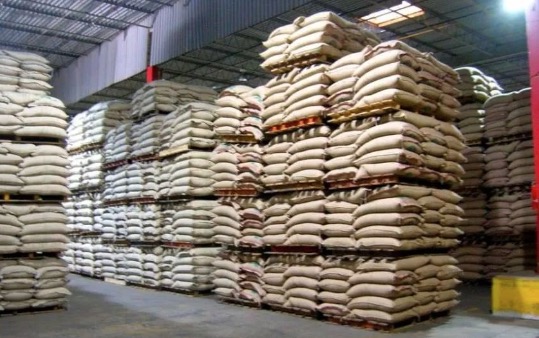

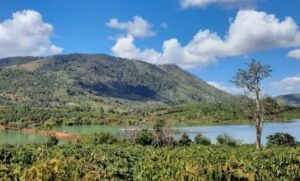




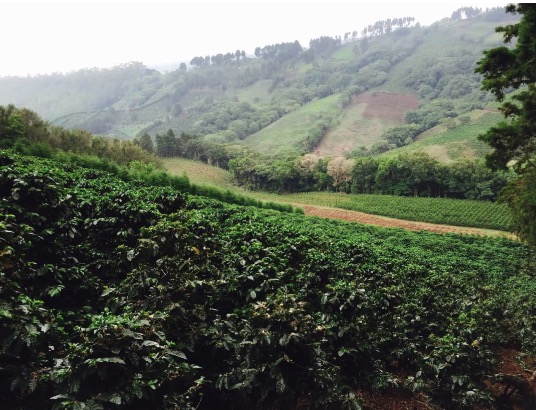
+ There are no comments
Add yours